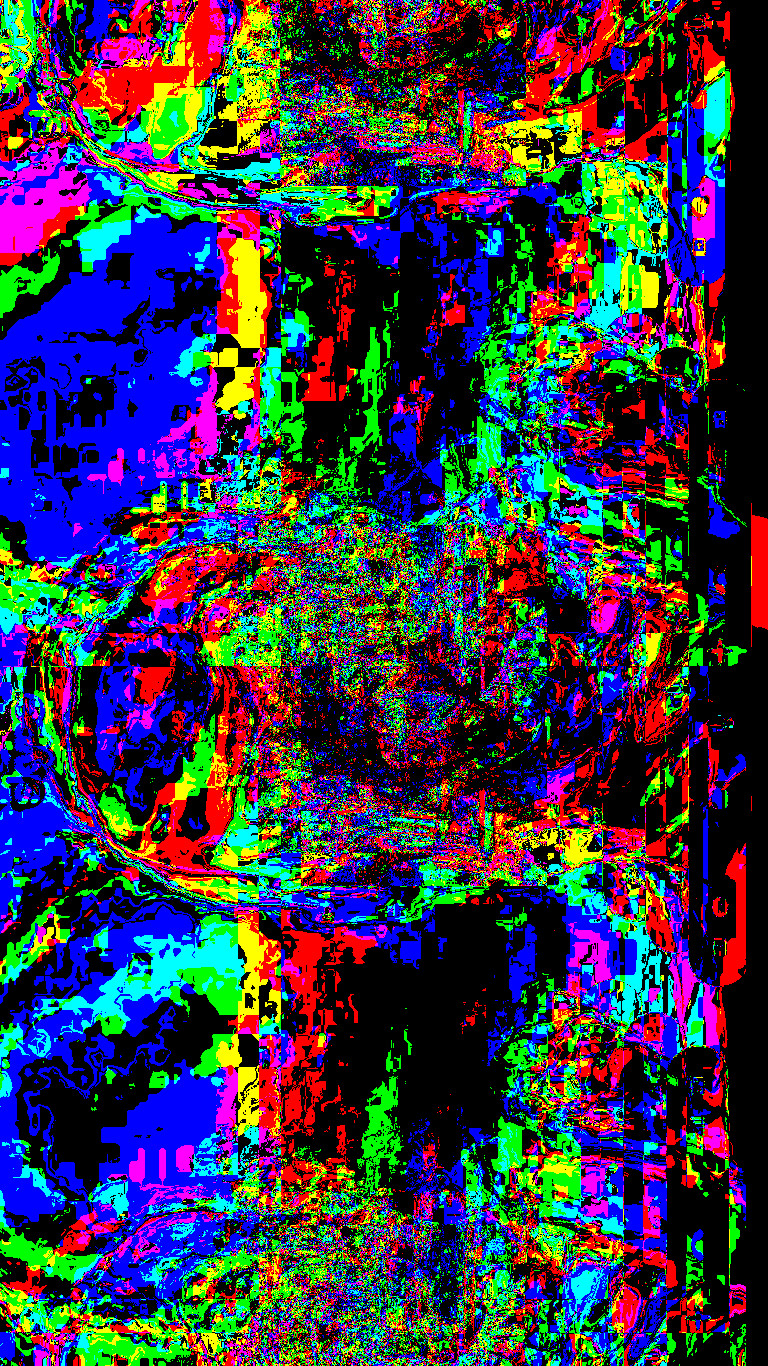revew: Charlie Brooker – Metalhead
Metalhead/
Black Mirror, S4E5/
starring Maxine Peake/
by Charlie Brooker/
dir David Slade/
29/12/2017-//
Maxine Peake has become a symbol of a dignified north. She is hard-edged and stern-eyed and she is an actor, in that she does, rather than philosophises. In her and Sarah Frankcom’s 2015 production of The Skriker, she entered the stage writhing, spitting Caryl Churchill’s impressionist stream of pseudo-Englisch across the stage. Her world was made through action, her birth as an ancient force back onto the Earth was in reaction – our world poisoned by something, purged of an essential quality that the Skriker embodied.
The case is the same in Metalhead: Maxine Peake leads, and does. Quickly, she is isolated from any other human characters and no longer is there any need for dialogue. Her inhuman pursuer is so unworldly, so unlistening and bluntly purposed – there is no point in protesting, only fleeing. Even before she becomes the sole human character, the plan is set, there’s no need for discussion: run, do what we agreed, run back.
I’m talking about the mythical image that is enlisted when Maxine Peake is cast in a production. The real Maxine, from what I know, is warm and generous and I can only imagine a respectful and gracious collaborator (be advised, this ‘real’ Maxine is in fact a separate, equally mythical totem). But the hyperpublic Peake, the Maxine Peake from stage and screen who is taken wholly as image and performance, whom we cannot talk with, only about or around has become a cultural object, in a sense, a symbol as part of a series of artworks that we are asked to read and interpret.
I’m not going to dive into semiology too much but Maxine Peake as a casting decision as part of Metalhead is as a result of a number of things she signifies. An exhaustive list isn’t possible but it seems important to the episode that she is northern. Her northernness complements her characterisation as a hardy, white woman in her forties – someone who knew the world before this episode has been set, but has adapted to the new one and is navigating it as best she can.. It’s like needing Christopher Eccleston in 28 Days Later, or Paddy Considine in The Girl with All the Gifts. When the world ends, and the survivors become fighters, power comes from being from north-of-the-capital, a place where people have presumably long suspected they might face their own deaths soon.
This decision is made alongside the decision to film in black and white, alongside the decision to kill off the other human characters swiftly, to give Peake a beat-up old car, to film on moorland. (Looking up this episode on imdb, apparently it is set in Scotland. I had imagined the moors near Manchester. I can’t remember any Scottish accents in the episode. It is also notable that it is actually filmed on Dartmoor.)(Artifice, artifice.)
All this about what the moving image played by Peake communicates is to set up that I’m confronting a dichotomy that is proposed. This ‘northern’, ‘female’, ‘survivor’ represents a kind of ‘human’ that is forced to evade a ‘robot’ in order to ‘survive’. The pair are abject in a Darwinian sense in their relationship to each other. One of them must die in order for the episode to end. Peake’s power is in her fleshliness – when a tracker is in her leg, she is able to carve it out and send it floating down a river (the robot, when injured, is only disabled). The robot’s power is in its efficiency, its lack of pain – it keeps going, its decision-making is quick and unsurprising.
There’s a sort of natural selection metaphor at work in the world. The horror-power of human-made evolution outstrips our ability to control it. Even in her hardiness, her ability to fight and struggle, Peake is not coded as animalistic – she radios home to comfort those who will miss her, her whole reason for embarking on her fatal mission is ease the passing of a dying loved one. She is marked by her compassion and fear of death.
You could describe Black Mirror, as a series, as technophobic, but to me that would be short-sighted. A point that is made again and again is that technology is a by-product of a human desire for security and convenience. I see Metalhead‘s ‘dogs’ as Amazon drones (or a poetic successor to them, found as the first one is in a warehouse). Aesthetically, they borrow heavily from Boston Dynamic’s latest SpotMini robot. They are, whether for security or delivery purposes, designed to minimise human labour. Black Mirror likes to offer humans two choices as a result: death or alienated labour. It is not pure technology which is an enemy, but our own uses of it, and our inability to synthesise it into our lives. Death in Black Mirror can always be traced back to a human decision or mistake. Technology isn’t an enemy, but a weapon.
Peake is us, an element of what Brooker suggests is at the heart of all of us, but the robot is us too; it is what we have done to ourselves. We die, but we die as Peake does, at our own hand.
